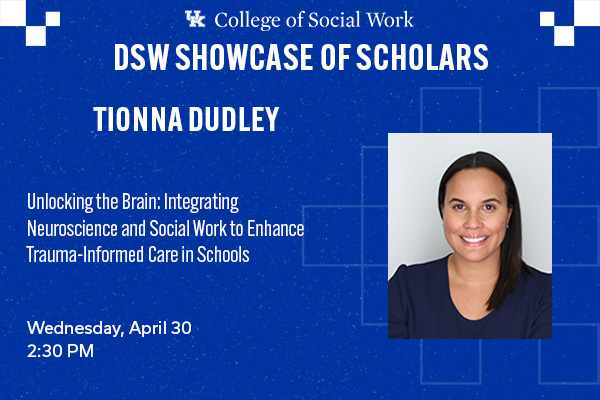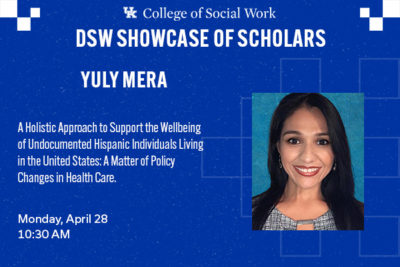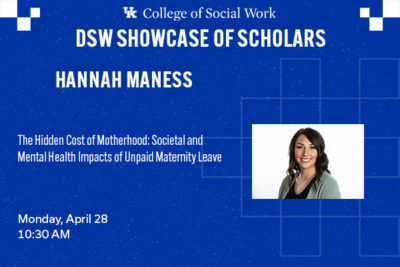DSW Candidate – Tionna Dudley, 2:30 PM-3:45 PM
$0.00
Virtual Showcase of DSW Scholars 2025 Event!
Unlocking the Brain: Integrating Neuroscience and Social Work to Enhance Trauma-Informed Care in Schools
DSW Candidate – Tionna Dudley, lCSW
Wednesday, April 30, 2025
2:30 PM-3:45 PM Eastern Time Zone
Credit Hours: 1.0 (ACE)
Description
Unlocking the Brain: Integrating Neuroscience and Social Work to Enhance Trauma-Informed Care in Schools
To truly make trauma-informed care work, it is essential to understand that it requires more than just implementing a set of strategies or tools. It calls for a profound shift in how educators, administrators, and support staff perceive and respond to students. This means setting up a collective effort that includes utilizing social workers to accurately train teachers in this framework. Intentional decision-making must be woven into every aspect of school life, from creating safe classroom environments to resolving conflict utilizing co-regulation.
The commitment to creating a trauma-sensitive climate demands not just understanding the trauma itself but the brain science behind it and ensuring that all stakeholders work together to provide a consistent, supportive framework for students’ learning and healing. A key framework within trauma-informed care that aligns with these principles is the Neurosequential Model of Education (NME). Developed by Dr. Bruce Perry, NME offers a neuroscience-based approach to understanding how trauma impacts brain development and learning. The model emphasizes the importance of recognizing the developmental stage of the child’s brain and how traumatic experiences can disrupt or delay brain function.
NME provides a sequential, brain-based approach to addressing these disruptions, considering the child’s unique neurodevelopmental needs. Additionally, teachers need a therapeutic outlet to share thoughts and feelings about their experiences in the classroom. This presentation will explore an innovative approach for social workers using Empowerment and Polyvagal Theories to support students and teachers.
Learning Objectives:
Upon completion of this conference, participants will be able to:
- Understand how trauma shows up as student behavior in the school setting.
- Understand how teachers’ own brain functions and emotional responses can impact their effectiveness in providing trauma-informed care.
- Learn how to support clients in building skills for emotional regulation and resilience based on the latest neuroscience research.
Delivery Method: Live Interactive Training via Zoom Video Conferencing
Credit Hours: 1.0 (ACE)
Target Audience: This conference is intended for social workers and students.
Accreditation: University of Kentucky College of Social Work, Provider # 1377, is approved as an ACE provider to offer social work continuing education by the Association of Social Work Boards (ASWB) Approved Continuing Education (ACE) program. Regulatory boards are the final authority on courses accepted for continuing education credit. ACE provider approval period: 9/29/22-9/29/25. Social workers participating in this conference will receive up to 15 general continuing education credits.
Claiming CE Credit: Instructions for claiming CE credit will be disseminated at the beginning of each session.
Questions: If you have any questions regarding CE credit or to report a grievance, please contact Christina Krantz at Christina.Krantz@uky.edu. For technical assistance, please contact lmshelp@uky.edu.
Disclaimer: The views and opinions expressed in these presentations are those of the individual presenters and do not necessarily reflect the official policies or positions of the University of Kentucky or the College of Social Work. The inclusion of any topics, perspectives, or discussions is intended for academic engagement and does not constitute endorsement by the institution.



